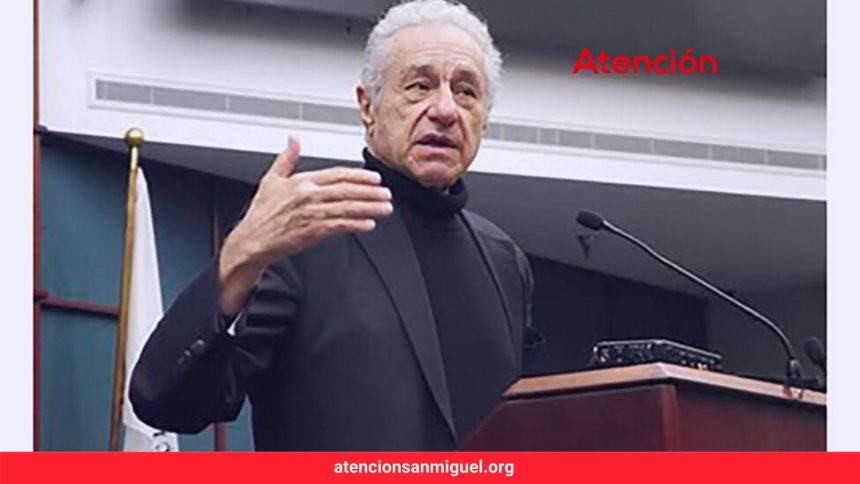Unitarian Universalist Fellowship Online Service
“Moral Implications of the Atom Bombing of Japan”
Speaker: Gar Alperovitz
Sun, Aug 8, 10:30 am
Zoom link: https://zoom.us/j/414604040
Password: 294513
By Joseph Plummer
The world was thrust into the nuclear age when the United States dropped the first atomic bomb on Hiroshima on August 6, 1945, killing 135,000 people instantly and 100,000 others later from radiation sickness. Three days later a second bomb extinguished another 80,000 Japanese in Nagasaki. Justified as ending the war without the deaths of hundreds of thousands of American soldiers in a land invasion, the official explanation was accepted until historian Gar Alperovitz published a study of President Truman’s decision and revealed the story of America finishing the war quickly before the Soviet Union could contribute to Japan’s defeat and claim a role in the peace. Truman also wished to show the Soviet government America’s awesome power and establish military dominance.
As guest speaker for this weekend’s UUFSMA online Sunday Service, Gar Alperovitz examines the moral issues still relevant to this 76th anniversary of the atomic bombings. Was it necessary to use the bomb to end the war? Why destroy two cities that were not military targets or justify killing hundreds of thousands of civilians without a military need? The London Blitz and bombings of Dresden and other German, Chinese, and Japanese cities erased the moral barrier to killing civilians. What limits does international law place on governments in an era of “total war”? What moral responsibilities confront scientists who develop weapons of mass destruction? Do leaders and citizens share responsibilities for nuclear weapons and their potential use?
Alperovitz’s “Atomic Diplomacy” created controversy when published in the 1960s. Today historians agree that strategy toward the Soviet Union played a major role in the US decision. His later book, “The Decision to Use the Atomic Bomb,” critiqued Truman’s official myth. In his distinguished career, Alperovitz served as a legislative director in both houses of Congress and special assistant in the State Department. He has been professor of political economy at the University of Maryland and co-founder of its Democracy Collaborative, a research institution developing practical, policy paths towards sustainable, community-oriented change and democratization of wealth. His recent book is “Principles of a Pluralist Commonwealth.”
To participate in our Sunday Service, visit the Fellowship’s home page at www.uufsma.org and click on the Zoom Service button. If requested, enter password: 294513. Sign-in from anywhere Sunday between 10:15-10:25am.
Through grants and awards, UUFSMA donates at least fifty percent of its budget to support nonprofit health, educational, and environmental services for underserved communities in the San Miguel region. Support this work by clicking on the website home page Donate button. Now more than ever, your support is essential.
Due to coronavirus, UUFSMA suspended in-person Sunday services. Previous online services can be found on the UUFSMA’s YouTube channel. The UU Fellowship welcomes people of all ages, races, religions, sexual orientation, and gender identity.

